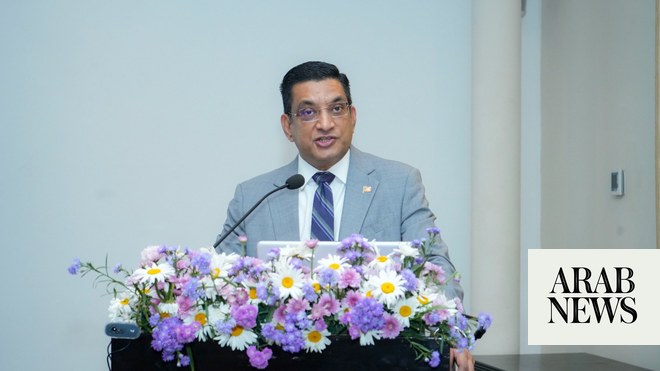
n a village school near the beach, Koshala Dilrukshi teaches English to students from Uswetakeiyawa, a Sri Lankan fishing village. On most days, Dilrukshi says, some of the girls in her class will be missing. They go absent when they have their periods.
It’s not uncommon throughout Sri Lanka. More than half of the adolescents responding to a Unicef study in 2015 did not want or weren’t allowed to go to school during their periods, while 37% miss one or two school days each month. For most, fear of staining, pain and discomfort are the main reasons for not going to school.
Sanitary towels – usually imported – are subject to high taxes and for a long time women’s groups have tried to stop that by campaigning to have them classified as essential items. While there are about 4.2 million women and girls of menstruating age in the country, only 30% have access to tampons or pads.
Now the Sri Lankan government has said it will provide free, locally made pads to about 800,000 schoolgirls. The project will prioritise children in poorer rural areas and also aims to build toilet facilities in 2,500 schools. It could transform girls’ learning.
“It’s a great step, depending on how we implement it,” says Nayanathara Jayathilaka, a student social worker from Galkiriyagama, a village 100 miles from the capital, Colombo. “I recently talked to 10 girls from the village. Five of them have never used sanitary towels. They use old cloths.”
Many families have to share toilets with no proper facilities and women often have to reuse cloths or rags. Poor menstrual hygiene practices can lead to health conditions, including cervical cancer, which is the second most common cancer among Sri Lankan women. Jayathilaka says that cloths also lead to more staining, one of the reasons for girls missing school.
Although women make up more than 52% of the population, they account for only about 5% of the 225 legislators in Sri Lanka’s government.
For many communities, menstruation remains a taboo; 60% of schoolteachers in Sri Lanka think period blood is impure.
Aruni Vithanage, a family counsellor, says women spend on average between 2,500 and 3,000 days of their lives menstruating.
While some women simply don’t have the money for sanitary products, Jayathilaka says stigma is also an issue. Young girls shy away from buying pads in local shops, while others just aren’t aware of menstrual hygiene. Dilrukshi believes that teachers have a responsibility to educate students about personal hygiene methods. Her school has more than 900 students, most of whom come from single-parent families. Mothers often find jobs in the Middle East while fathers work long hours as fishmongers. “If you take 10 girl children in my class, eight of them can’t afford pads. The other two wouldn’t buy pads because they are shy. Their parents are not with them, so they come to us,” says Dilrukshi. “As teachers, we buy pads from our own money and keep them in the staffroom for any child who needs them.”
Both Dilrukshi and Jayathilaka think schools should be conducting awareness programmes before distributing free sanitary towels.
“The Ministry of Education can work with healthcare workers, social workers and civil society organisations to conduct education programmes to bust stigma, and teach period hygiene,” Jayathilaka says. She believes that could also lead to more open conversations about sex and health education.
Tarangee Mutucumarana, at the Arka Initiative, a health project in Sri Lanka, agrees. “Not only schoolgirls, but we should also teach the boys. Menstruating is a normal biological function. It should no longer be a taboo topic.”
The Arka Initiative has already begun a programme that could be a model for the government to tackle period poverty, visiting communities and holding discussion sessions for women to discuss periods and sexual health. “Yes, most women hesitate at first, but when you start talking to them, they open up. They tell us about their problems. They are ready to listen and learn why period hygiene matters,” says Mutucumarana. The group is about to install the first machine to make cotton pads in a village in Mathugama, creating jobs for rural women.
Mutucumarana wants the government’s plan to encourage people to opt for eco-friendly reusable options such as menstruation cups and cotton pads.
“As a country, distributing free sanitary towels to schoolchildren should have been implemented earlier. We are late but better late than never,” says Mutucumarana. “We must realise that access to period products are a basic necessity, and not a luxury.”
Sign up for the Global Dispatch newsletter – a fortnightly roundup of our top stories, recommended reads, and thoughts from our team on key development and human rights issues:










